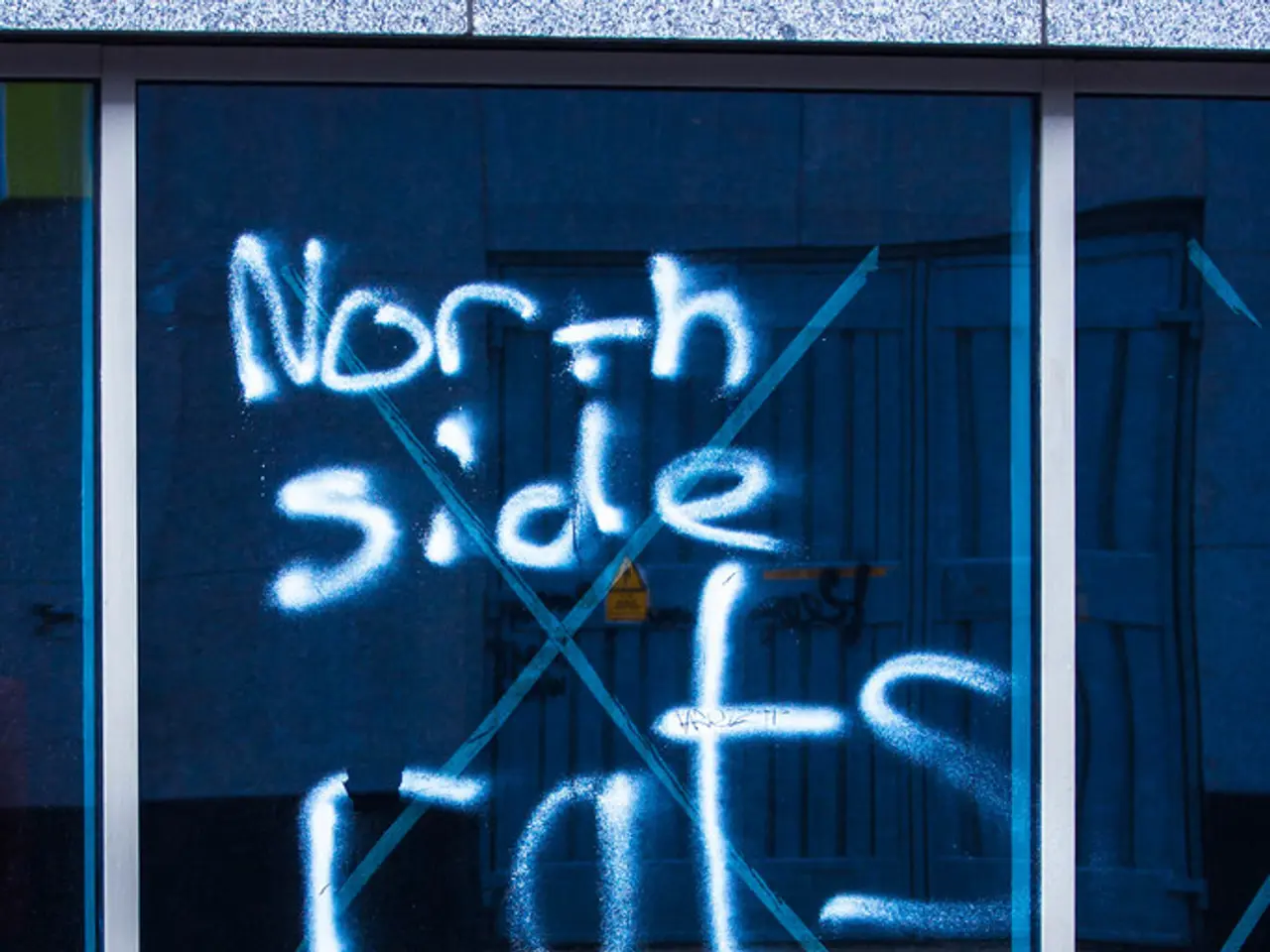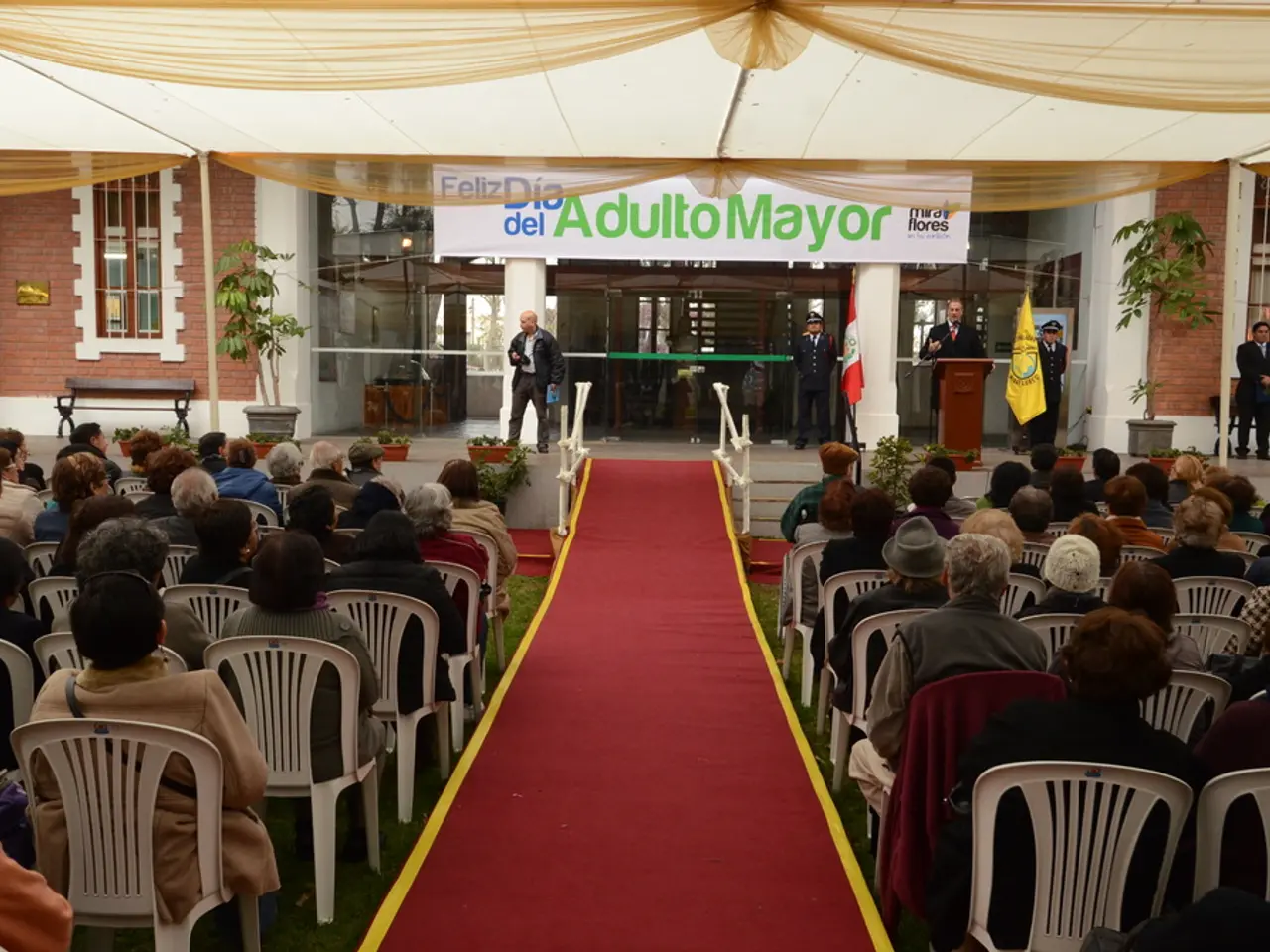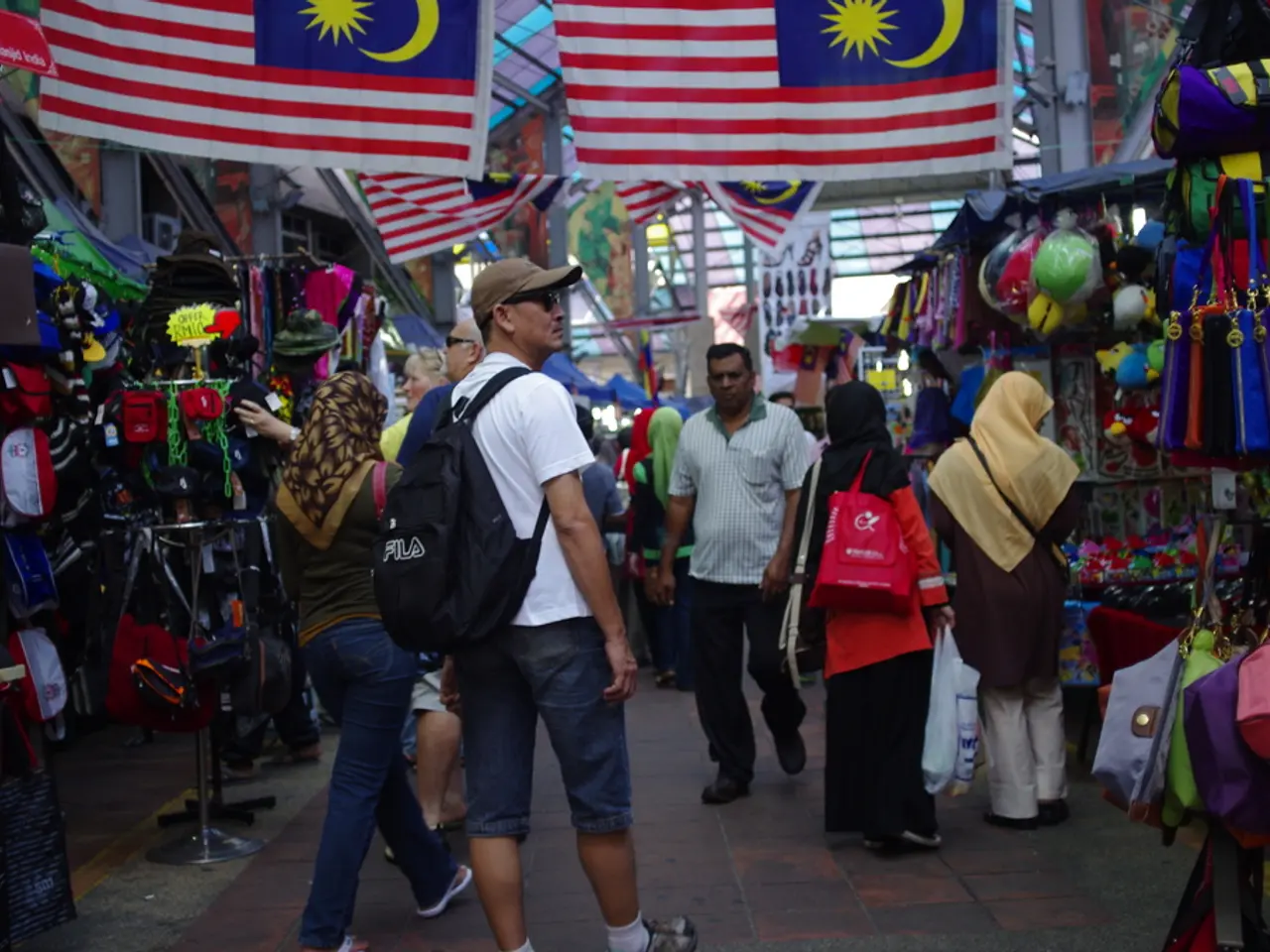Poland prolongs border checks with Germany for an additional two months
Poland Extends Border Controls with Germany and Lithuania Until October 2025
In response to ongoing concerns about irregular migration, Poland has reinstated and extended temporary border controls with Germany and Lithuania until October 4, 2025. These controls, which violate the Schengen free movement rules, are permitted in exceptional circumstances deemed security threats.
The move comes after Germany refused to accept asylum seekers and increased migration pressure from the Baltic region. Poland's Interior Minister, Marcin Kierwiński, has emphasized that tightened controls on the eastern border with Belarus and Russia, including a nearly 98% effective barrier, have redirected migrant flows through Lithuania and Latvia towards Poland and Germany.
Lithuania has also tightened controls on its border with Latvia, conducting checks at 13 locations, while Germany maintains border controls at 52 locations with Poland and the Czech Republic. These measures have caused delays and congestion in freight and passenger traffic at key border crossings, affecting supply chains.
According to Polish authorities, hundreds of migrants, mostly from the Middle East, cross into the Baltic states via Belarus monthly and then move onward to Poland and Germany. The migration route that previously passed through Belarus and Russia has largely closed, shifting pressure to the Baltic states and Poland.
To manage irregular migration, Poland, Lithuania, and Germany have coordinated border controls. Over the same period, 14 people were detained for aiding illegal immigration in the Lithuanian border area. The relevant regulation was issued and sent to the European Commission for notification on Friday.
EU countries within the Schengen area are allowed to impose border controls if they feel there is a threat to public order or internal security. Polish border guards refused entry into Poland for 124 foreigners at the border with Germany and 61 people at the border with Lithuania.
The EU’s principle of free movement remains undermined by these controls, but they are legally allowed under Schengen rules as emergency security measures. The extension of Poland’s border controls coincides with Germany's own controls to prevent undocumented migrants, reflecting some mutual understanding between Warsaw and Berlin.
- War-and-conflicts in the Middle East have led to an increase in migrant numbers, with hundreds of migrants from the region crossing into Poland and Germany via the Baltic states each month.
- The ongoing issue of migration has led to increased political discussion, with Poland, Lithuania, and Germany coordinating border controls to manage irregular immigration, as permitted under Schengen rules in exceptional circumstances deemed security threats.






